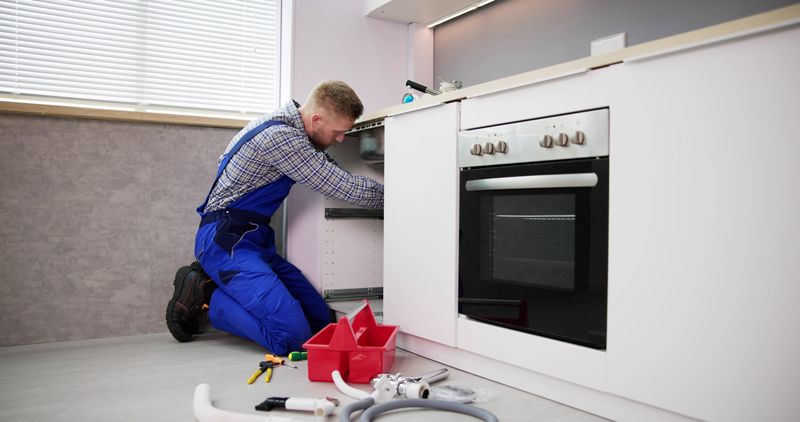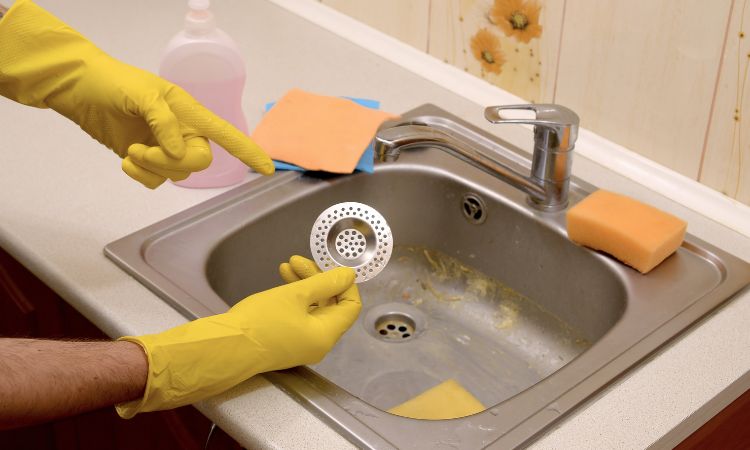Just how do you actually feel in relation to Smart Plumbing Tips for New Homeowners?

For brand-new property owners, understanding and maintaining restroom pipes can conserve both time and money by preventing costly issues down the line. Below are some vital restroom pipes ideas to help you maintain whatever running efficiently.
Acquaint Yourself with the Main Shut-Off Valve
Recognizing where the primary water shut-off shutoff is located in your home is critical. This allows you to promptly shut off the water supply in case of major leakages or during plumbing emergencies, avoiding substantial water damage.
Routinely Inspect for Leaks
Small leakages can lead to large issues. Frequently inspect under sinks, around commodes, and near pipes fixtures for any kind of indicators of leakages. Try to find wetness, tiny drips, or corrosion. Capturing and repairing leaks early can prevent more severe damage and conserve water.
Do Not Disregard Slow Drains
If your sink or tub is draining slowly, it's often an indicator of an obstruction forming. Resolving this early can stop a complete obstruction. Utilize a plunger or a plumbing professional's snake to clean out particles. Prevent making use of chemical drain cleansers as they can damage your pipelines gradually.
Know What Not to Flush
Commodes are not garbage disposals. Avoid flushing anything apart from bathroom tissue and human waste. Products like wipes, womanly hygiene items, and cotton swabs must be dealt with in the garbage to prevent blockages and sewage system backups.
Install Strainers in Drains
Location strainers in your sink and bathtub drains to catch hair and various other particles prior to they enter your plumbing system. Cleansing the strainers routinely will assist stop accumulation and maintain water flowing freely.
Maintain Your Hot Water Heater
Ensure your hot water heater is readied to an ideal temperature level (normally around 120 degrees Fahrenheit) to prevent hot and lower power use. Flush the storage tank every year to get rid of sediment accumulation, which can minimize the effectiveness and life expectancy of your heater.
Update Your Components
If your home has older components, take into consideration updating to more effective models. Modern commodes, showerheads, and taps are created to use much less water while giving good stress, which can substantially decrease your water costs and environmental impact.
Beware with Do It Yourself Plumbing Repairs
While it's tempting to handle all home fixings by yourself, be cautious with plumbing. Some issues might require professional expertise, particularly if they involve major water lines or sewer repair work. Hiring an expert can in some cases be a lot more cost-effective than DIY, especially if it stops additional damages.
Plan For Cold Weather
Secure your pipelines from freezing during cold weather by shielding pipelines in unheated locations like basements, attic rooms, and garages. During extreme cool, allow cold water drip from taps offered by subjected pipelines to aid stop freezing.
Set Up Regular Upkeep
Think about scheduling annual assessments with a qualified plumbing technician. They can identify issues that you could miss out on, such as covert leakages or wear and tear on pipes and fixtures. Normal upkeep assists prolong the life of your pipes system and can prevent emergency situations.
Verdict
Understanding and keeping your home's restroom plumbing can prevent several common problems. By complying with these vital tips, you can guarantee your bathroom remains functional and reliable, conserving you time and money over time.
Essential Plumbing Tips for Homeowners: Keep Your Pipes Flowing Smoothly
As a homeowner, understanding the basics of your plumbing system can save you time, money, and a lot of headaches. Plumbing issues can range from minor annoyances like dripping faucets to major problems like burst pipes that cause significant damage. This guide provides essential tips to help you maintain your plumbing system and tackle common issues.
Understanding Your Plumbing System
Supply System: Brings fresh water into your home from a municipal source or a well. Drain-Waste-Vent System: Removes wastewater and vents sewer gases outside. Fixtures and Appliances: Includes sinks, toilets, showers, dishwashers, and washing machines. Basic Maintenance Tips
Regular Inspections: Periodically check for leaks, corrosion, and other signs of wear and tear. Look under sinks, around toilets, and near water heaters. Know Your Main Shut-Off Valve: In case of a major leak, you’ll need to shut off the water quickly. Ensure everyone in your household knows where the main shut-off valve is located. Prevent Frozen Pipes: In cold climates, insulate exposed pipes and let faucets drip during extreme cold to prevent freezing. Use Strainers: Install strainers in sinks and tubs to catch hair, food particles, and other debris that can cause clogs. Common Plumbing Issues and Solutions
Clogged Drains:
Prevention: Avoid pouring grease down the drain and use drain screens to catch debris. DIY Fix: Use a plunger or a plumbing snake to clear minor clogs. For stubborn clogs, a mixture of baking soda and vinegar can sometimes help. Leaky Faucets:
Prevention: Replace washers and seals regularly. DIY Fix: Turn off the water supply, disassemble the faucet, and replace worn parts.

Call Today